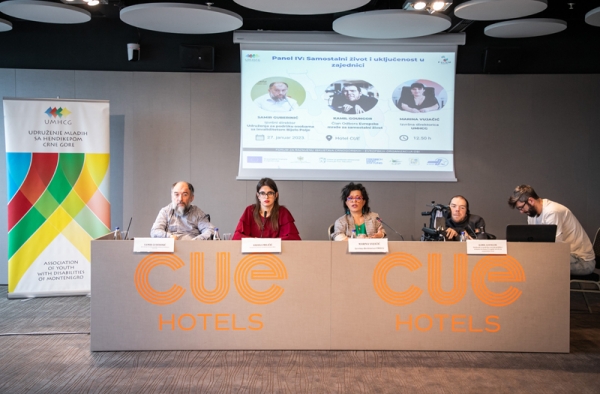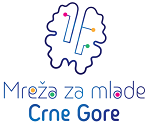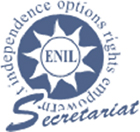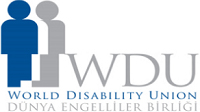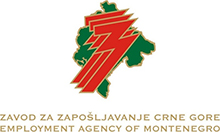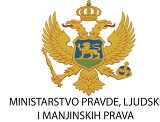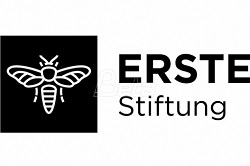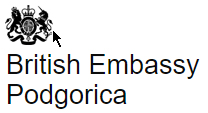The state should provide more support services for PWDs
Podgorica, PR Press Service – The state should provide more support services for people with disabilities (PWD) so that they are included in various spheres of social life.
This was announced in the second part of the Forum on the Rights of Persons with Disabilities, which was organized by the Association of Youth with Disabilities of Montenegro (AYDM).
Executive Director of AYDM Marina Vujačić pointed out at the Independent Living and Inclusion in Community panel that through the topic of independent living, they strive for all the other topics they talk about.
„If we do not achieve the main goals of independent living and the principles of independent living, then I think that everything else we do is pointless and we will not have the results and outcomes we should have“, stated Vujačić.
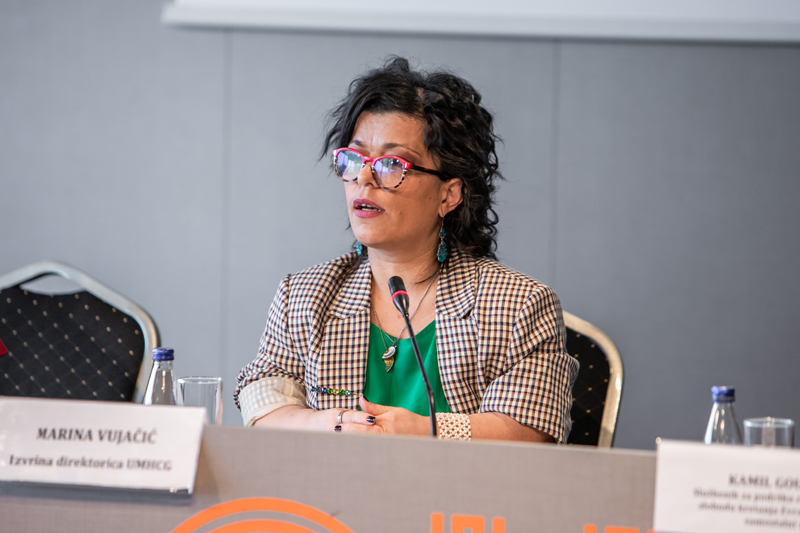
Speaking about the situation in Montenegro and the state’s support for PWDs, Vujačić said that it is not satisfactory even when it comes to the legal framework and even less when it comes to implementation of it in practice.
„We have regulations in numerous areas that still define the rights of PWDs in the mercy model, as the approach of disability that is dominantly used,“ said Vujačić.
She assessed that in Montenegro we have rigid laws and policies, as well as support systems in practice.
„When we talk about the laws in Montenegro, in accordance with the Law on Social and Child Protection, the prerequisite for obtaining the right to the support service for life in the community is to use material benefits from social protection, which deny rights to many PWDs and are defined in a discriminatory manner. It is considered that PWDs are an expense and cost the state a lot“ said Vujačić.
She indicated that research confirms that personal assistance and life in the community is much cheaper than any system that implies institutionalization, stating that this term is narrowly viewed as a stay in an institution, but not as denying the possibility of making choices in one’s own home.
„Montenegro is only now preparing the Deinstitutionalization Strategy, based on the Committee‘s recommendations from 2017. We will see what that area will be like and how the measures will be defined. It is one of the most important strategic documents in the field of PWDs rights,“ Vujačić said.
As an example of how the state approaches the issues and human rights of persons with disabilities, Vujačić cited the institute of legal capacity and the institute of extended parental rights, which deny many rights, including the right to live independently.
The Executive Director of the Association for the Support of Persons with Disabilities Bijelo Polje Samir Guberinić, said that he is one of the few PWDs who has achieved success in several fields, stating that he graduated from university, that he works, that he is married and that he is the father of four children.
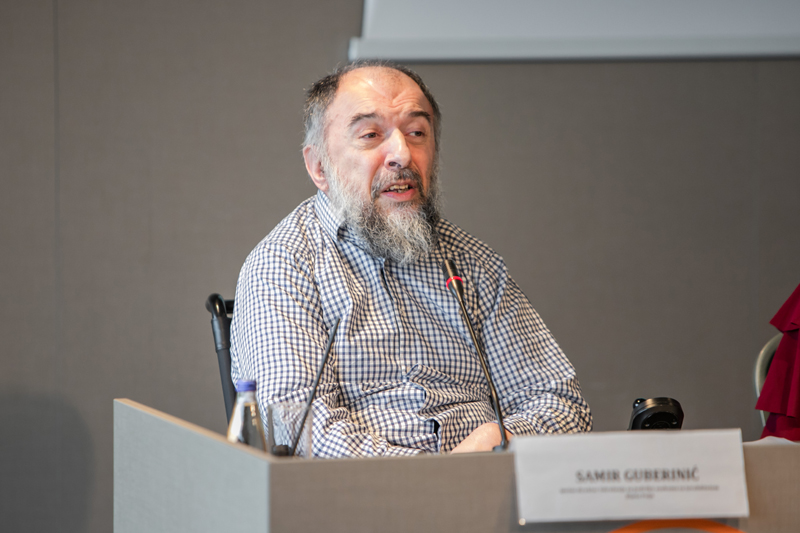
He pointed out that the support services provided by the state for PWDs were reduced to only work assistants, and that personal assistants are provided by some non-governmental organizations through projects.
„In order for a person with a disability of my level of impairment to be included in various spheres of life, he must have more support services. The state must provide more support services,“ said Guberinić.
According to him, the institutions in Bijelo Polje are not accessible for PWDs.
“If the entrance to the institution is not adapted, isn’t that a tacit ban on movement?” That’s how I see it,” said Guberinić.
He believes that it is necessary to emphasize the continuity of support services for PWDs.
Policy and Movement Support Officer of the European Network on Independent Living Kamil Goungor said that independent living means having the same opportunities and the same degree of self-determination that people without disabilities take for granted.
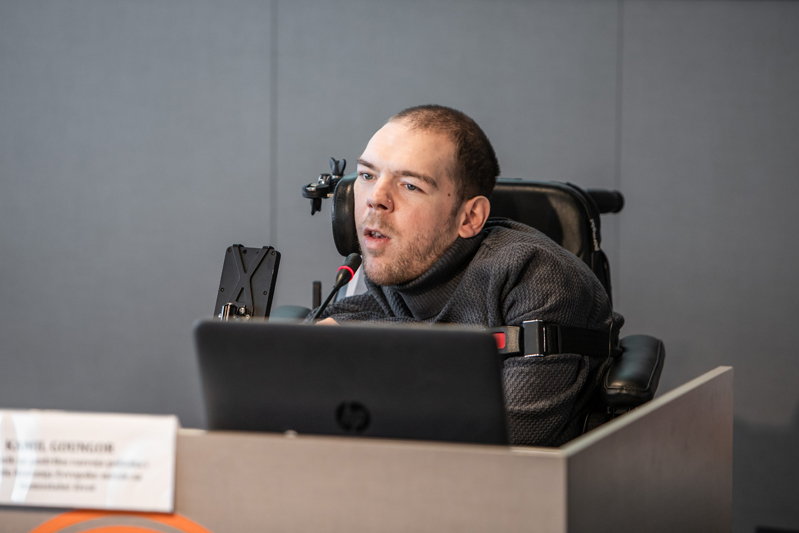
„Living independently is the only path that PWDs should have in the community and have control over their lives. It is important that we can all choose where we want to live, with whom we want to live, to receive support and assistance“, said Goungor.
During the discussion, AYDM Program Assistant Mirjana Popović said that it is the state that needs to develop a whole set of different services at the national and local level so that the concept of independent living can be realized.
„Experience shows that different services often get mixed up. “The extent to which a society develops the concept of independent life is an indicator of the degree of won democracy,“ said Popović.
Dragana Božović from the Association for Support of Persons with Disabilities from Bijelo Polje said that as much as the laws allow them to provide their support services, regulations, decrees and provisions complicate the situation, stating that this initially discourages PWDs from exercising their rights.
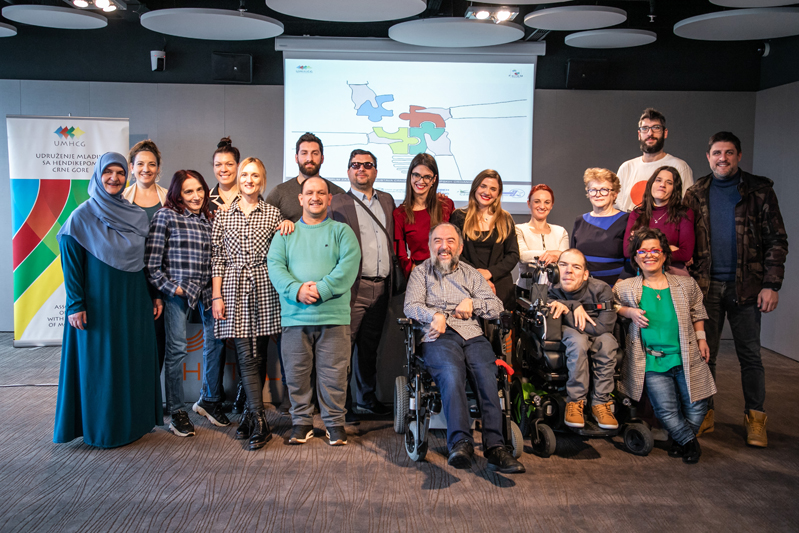
The Forum on the rights of PWD is organized as part of the program of CSOs in Montenegro – from basic services to policy formulation – M’BASE, which is implemented by the Center for Civic Education (CGO) in partnership with the German Friedrich Ebert Foundation (FES), the NGO Center for Protection and Study Birds of Montenegro (CZIP) and NGO Politikon network. The project is financed by the European Union and co-financed by the Ministry of Public Administration of Montenegro.



More news
- The Employment Agency of Montenegro continues to undermine the field of professional rehabilitation and employment of persons with disabilities through illegal actions
- THE AYDM CONDUCTED A RESEARCH ON THE ASSESSMENT OF COMPETENCIES AND EXISTING KNOWLEDGE OF PERSONS WITH PHYSICAL DISABILITIES IN THE FIELD OF DIGITAL MARKETING IN MONTENEGRO
- Portal Disability info i aktuelnosti
- AYDM ARE IMPLEMENTATING THE PROJECT DIGITAL MARKETING CAPACITY BUILDING - EMPOWERING PERSONS WITH PHYSICAL DISABILITIES FOR REMOTE WORK
- European Day on Independent Living marked in Montenegro: Right on Independent Living as Right to Freedom and Choice











